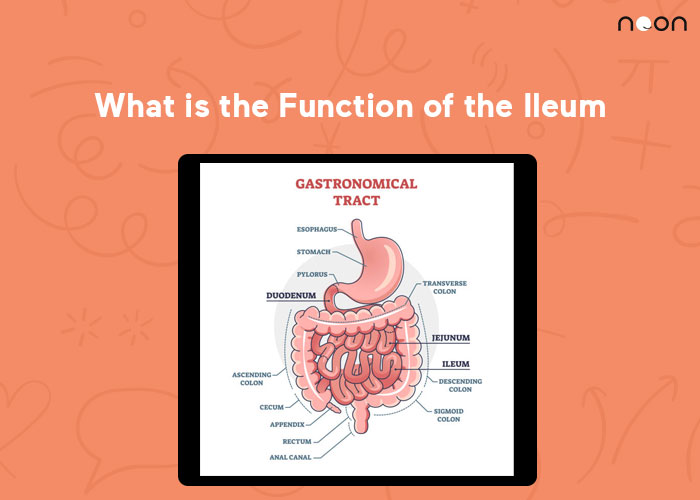
The small intestine is a long and narrow section of the large intestine that helps us to digest food. It starts at the stomach and runs all the way to the large intestine. The ileum is the last part of the small intestine, and it’s where we absorb most of the nutrients from our food. This blog will explore the function of the ileum, and what happens during its progression.
What is the Small Intestine?

The small intestine is a long tube-like organ that connects the stomach and the large intestine. It is about 20 feet long and folds many times to fit inside the abdomen. It is responsible for breaking down food into small parts that can be absorbed by the body. The small intestine is also known as the ileum, and it is one of the most important organs in the digestive system.
What is Ileum?

The ileum is a long and narrow intestine located in the lower part of the stomach. It’s responsible for helping digestion by breaking down food into small pieces. It also absorbs water and waste from the intestines, which helps to keep them clean and healthy. When problems with the ileum occur, such as diarrhoea or constipation, both of which are unpleasant symptoms, it can lead to serious health problems.
What is the Function of Ileum?
The function of illeum is essential for proper digestion and overall health. It helps to absorb food from the stomach, help regulate bowel movements, and absorb nutrients from food. Illeum also plays a role in helping us get the most out of our meals by absorbing toxins and waste products that might have been accumulated during digestion.
What are the common problems with ileum?
There are several common problems with the ileum, some of which are as follows:
- Constipation: If the ileum doesn’t break down food properly, then fecal matter will not move through the intestine and will instead build up in the bowel. This can lead to constipation, a problem where you don’t have any bowel movements for a long period of time.
- Diarrhea: If the ileum is not able to properly absorb the nutrients from food, then bacteria will start to grow and this will cause diarrhea. Diarrhea is a type of illness that causes water and waste to come out of your intestine regularly.
- Gas: When the ileum isn’t able to properly digest food, large amounts of gas may be produced. This gas can cause bloating, abdominal pain and discomfort.
- Bloating: When the ileum doesn’t correctly break down food, it can cause excess swelling in the stomach area called bloating. This bloating can be particularly bothersome because it makes it difficult to breathe and feel comfortable in your clothes.
Conclusion
The ileum is an important part of the digestive system and is responsible for the absorption of food. By understanding its function, you will be better equipped to handle any digestive problems that may occur. In the next blog post, we will discuss the function of the large intestine. Stay tuned!
Yes, the Noon app has a vast collection of lectures on different subjects. You can choose from speakers that specialize in almost any topic you could want to learn more about. From mathematics and physics to history and world religions, there is something for everyone on the Noon app. And because these lectures are delivered by some of the best teachers in the world, you’re guaranteed to ace your next exam with ease!


